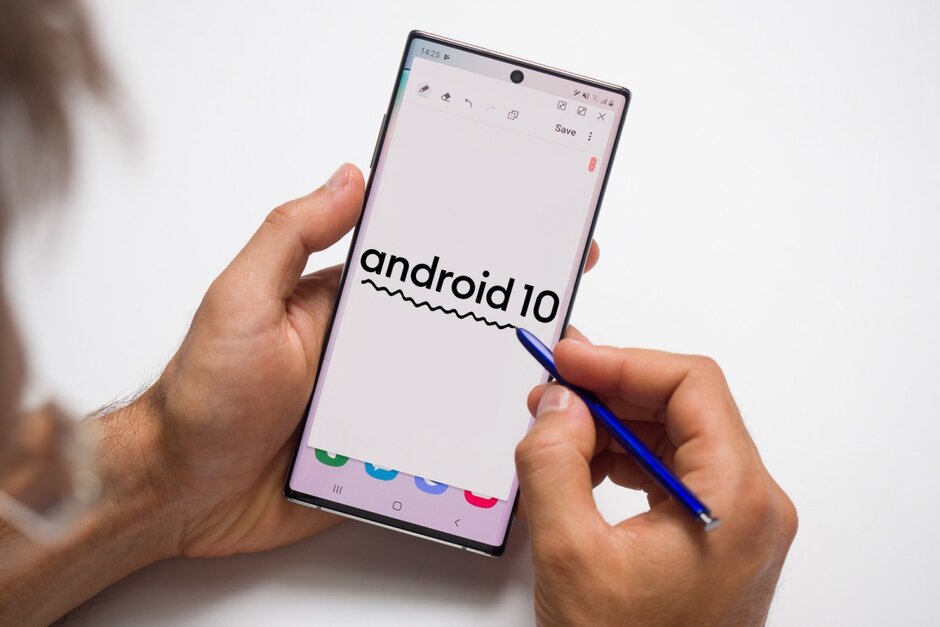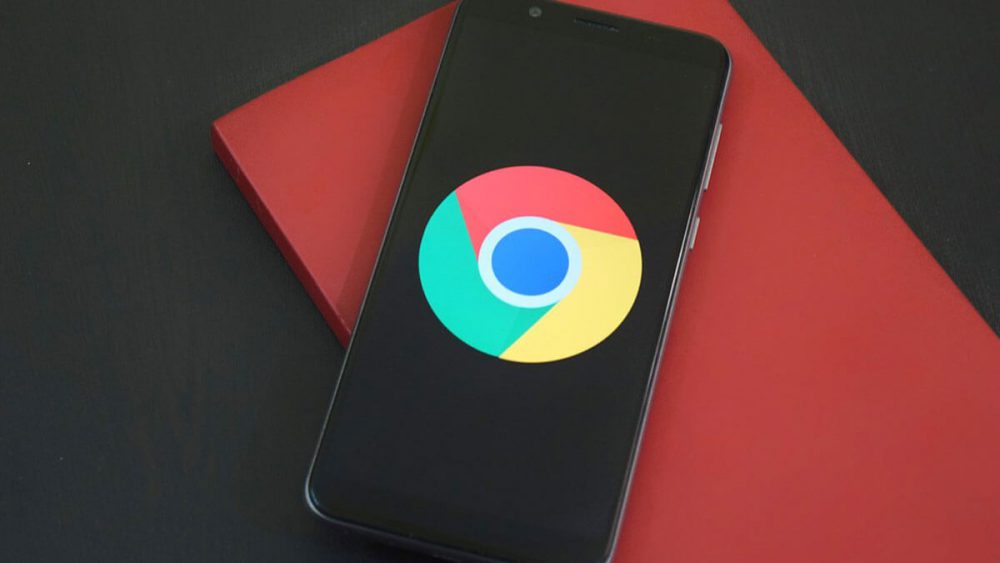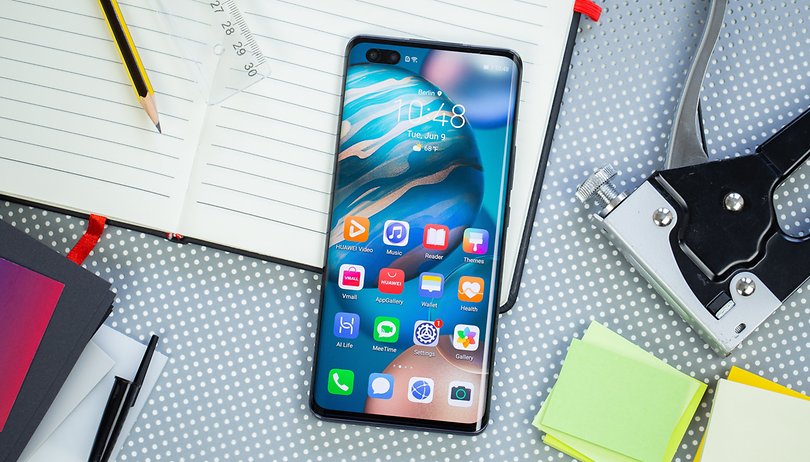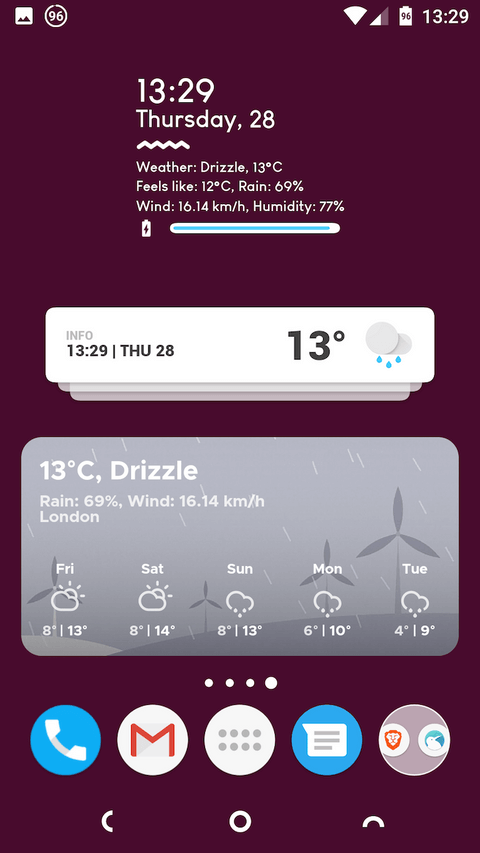What Are The Advantages And Disadvantages Of The Android OS?
Android is the most popular mobile operating System worldwide. It has evolved greatly since its initial release in 2008, and it is now found on many flagship phones.
Android Operating System. Now, the question that arises is what has made this operating System popular? What problems does Android still suffer from? In this article, we aim to discuss the advantages and disadvantages of Android.
5 of the best advantages of Android
We begin the discussion of the pros and cons of Android by recounting its strengths. Usually, each person has certain advantages of this operating System depending on their needs, but in any case, the general cases are as follows:
1. Ability to install applications without the need for Google Play
If you cannot find the application you want on Google Play, you can download and install it from elsewhere by making changes to your phone’s settings. Android devices allow you to install non-existent applications in the Google Play Store. You can also enjoy the benefits of other stores.

Stores like APKPure and APKMirror are among the options that, in addition to being secure, offer users a wide range of applications suitable for Android devices. On the other hand, the iOS operating System forbids you from this issue. Therefore, iPhone users must install only what Apple approves on their device.
2. Hardware innovations
Android devices offer a wide range of hardware configurations to their customers. You have many options in terms of processor selection, battery capacity, RAM, internal memory, and memory card support.
You can also have many choices in terms of size, shape, and other features of the gadgets. Many hardware innovations, such as clamshell phones, fingerprint scanners embedded under screens, and pop-up selfie cameras, have also been introduced on Android devices.
3. Expandable memory
Filling the internal memory is not a significant issue for many Android device users. The reason for this is the possibility of using memory cards.
This way, users of Android devices can increase the memory capacity of their phone whenever they need to. In addition to pictures and videos, you can also save your favorite apps on the memory card.
Not all Android devices support memory cards, of course. An example of this is the Samsung Galaxy S21. If your phone does not support a memory card, then you should pay more attention to its internal memory capacity.
4. Widgets
Widgets are gadgets that aim to provide you with the information you need to access quickly. These include apps such as calendars and reminders, weather forecasts, and headlines. Some widgets are more informative, while others provide easier controls, such as media File playback applications.
Although iOS-based devices also have widgets, Android widgets are more sophisticated and powerful. Android widgets allow you to get the information you need with minimal effort.
5. More diverse options
As you know, Android is an operating System that is installed on a wide range of devices. This means that you can choose from a wide range of devices.
Every brand active in this field attempts to offer distinct hardware and capabilities, targeting a specific market. Android phones provide a great variety in terms of size, internal memory, camera resolution, battery life, style, and… No matter how big your budget is or how big you want your phone to be, you can still find the Android gadget you want.
5 disadvantages of Android phones
We will continue the discussion about the advantages and disadvantages of Android by examining the disadvantages of this operating System. Below, we will discuss the unwanted features of Android.
1. Hardware quality is a matter of a combination
You might think that having more shopping options is better. If you want to find an Android phone that suits your budget and needs, you need to conduct thorough research in this area.
Naturally, since many companies are producing Android phones and various brands are present in this market, quality control will also become a problematic issue. There are several brands that you may not have even heard of, many of which may have their unique reasons.
Some Android devices are reasonably priced, but they are not particularly impressive. Many low-cost handsets do not last more than a year. Reasons for this include hardware limitations or things like the operating System not being updated.
2. You need a Google Account
If you don’t have a Google account, do you have an Android phone? Without a Google account, you can not get the most out of your Android device. You need to use a Google Account for tasks such as installing apps and downloading content. Phones use Apple ID to validate activities.
Since Google owns the Android operating System, the services associated with this operating System also depend on this company. Of course, as you know, many users do not have a problem with this. On the other hand, some people prefer to use a phone that is not affiliated with Google.
3. Less support for software updates

While Apple has been supporting its phones for years, most Android phones typically receive only 1-2 operating System updates. In this regard, most low-cost models do not receive any updates.
Many users may attach great importance to operating System updates, but a more significant problem arises when your phone does not receive many Security updates. Android phones typically receive Security updates every month to address vulnerabilities.
Most Android device manufacturers release these updates every 1 to 2 months; however, when your phone no longer receives such updates, this can become a potential risk.
4. Existence of many advertisements in applications
Pop-up ads are another issue that annoys Android users. The number of ads can also increase on low-cost handsets. Whenever you go to the Google Play Store, you can see ads everywhere. Some of the more affordable models of Android phones even display advertisements among their ads.
IOS apps usually have fewer ads. Of course, this is because the culture of paid applications in this operating System is more embedded than Android. In the Android operating System, there is a tendency to provide free applications.
5. Pre-installed applications
Most Android device manufacturers pre-install their apps on their devices. That way, you sometimes have two apps on your phone to do the same thing. For example, some companies, such as Samsung, install their Email application on their phones in addition to Gmail. The same is true of a web browser (two browsers on one phone).

In most cases, you can not uninstall these applications. Of course, it is possible to disable them. By turning it off, you cannot recover the space occupied by the desired application, but instead, you can rearrange the section of your applications.
Advantages and disadvantages of the Android operating System
Above, we have attempted to outline the advantages and disadvantages of the Android operating System. There are many positive reasons why Android has become the most popular mobile operating System in the world. The operating System is easy to work with, has millions of applications, and many innovations. Additionally, with a price range of $100 to $1,000, anyone can afford an Android phone.
However, Android is not perfect and naturally has shortcomings that we would like to see addressed in the future. On the other hand, the flexibility of this operating System means that if you have a problem, then you can easily fix it.



